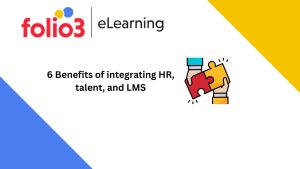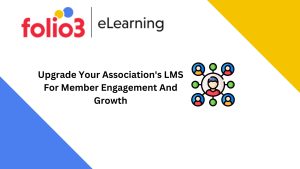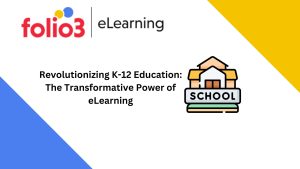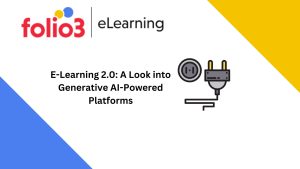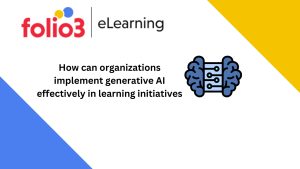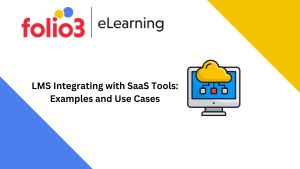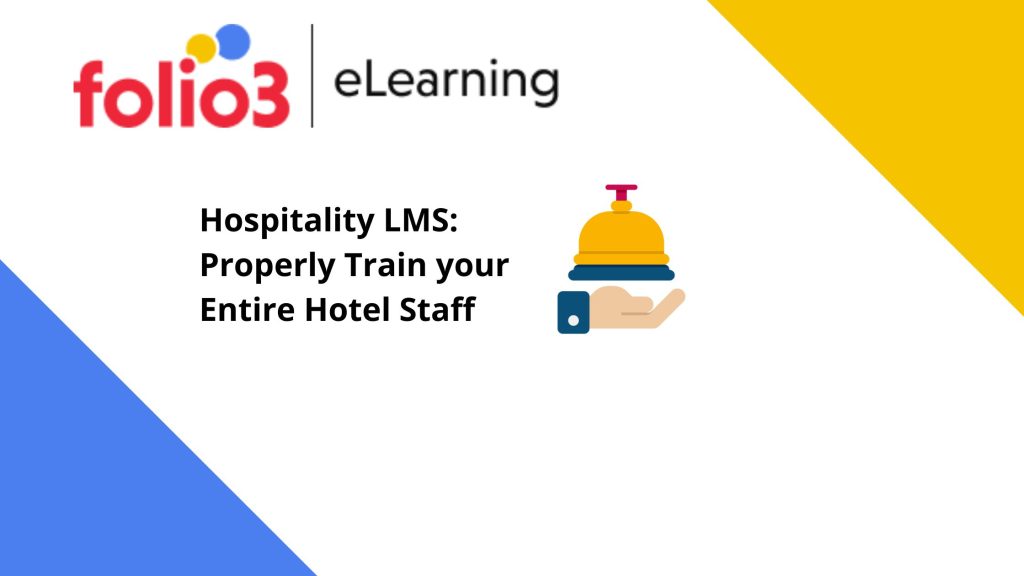
Using LMS For Hospitality Training To Retain Staff
If you manage a hotel or restaurant, you undoubtedly know how difficult it can be to keep skilled employees on staff for an extended period. It is now generally acknowledged that training plays a significant role. Hence, eLearning is a viable and inexpensive means of accomplishing this.
In response, the hotel sector must always be prepared to modify its best practices for employee training. Therefore, it’s crucial to properly educate your team using an LMS for hospitality so they can satisfy the constantly evolving needs of today’s clients. This is why we are exploring the use of hospitality LMS for training your hotel staff in this article.

What Is LMS For Hospitality?
A hospitality learning management system serves as a primary repository for all of your company’s educational resources. Resources like training guides, on-demand movies, compliance papers, webinars, classes, and entire training programs are included in this. A hospitality LMS, as opposed to a corporate intranet, provides a better user interface, the capacity to integrate with other business software, as well as the tools necessary for administrators to build learning tracks.
Benefits Of Using LMS For Hospitality Training Hotel Staff
Other ways an LMS for a hotel can offer value include:
- Standardized
An accommodating centralized training method is provided by LMS. As a result, throughout the entire company, every employee is exposed to the same training materials. There is no ambiguity regarding the training path to follow or the location of the course resources.
- Scalability
Using an LMS for training employees is an effective approach to business growth. There is no need to alter your training procedures if you need to hire more employees during the busiest season.
- Economical
A hotel LMS will cost more initially, but it will end up saving you money. Employees will be better trained, and managers won’t be burdened with providing training; your training program will be more organized.
- Flexibility
A hospitality LMS offers flexibility if you are, for instance, a hotel company with locations across several nations. It can be set up to train in various time zones, numerous languages, offsite, or virtually.
- Seamlessness
We can accomplish seamlessness if we use an effective eLearning solution. Every time an employee has a query or needs to brush up on a skill, they can use their mobile devices to log on to the platform. The ability to access, review, and take part in training at any moment is made simple when eLearning is properly implemented.
- Analytical
A hotel LMS enables managers to monitor employee training progress as opposed to a system like an intranet that merely hosts materials. Reports on who has attended training and how well workers are responding to it are available to managers.
- Adaptability
All of your training materials can be quickly modified to meet new training requirements by being housed on a hospitality LMS.
eLearning Technology You Can Use In Hospitality LMS
The following are eLearning technologies that come in handy while implementing LMS for hospitality to train your hotel staff
- Microlearning
Your young staff members learn at their own pace, but more significantly, they will likely favor shorter, more digestible content over longer pieces. With the help of eLearning platforms, managers can create courses with shorter modules or, even better, give their employees quick videos that they can view in ‘bursts’.
Most social media networks, marketers, and software, in general, have used this tactic. Gamification seeks to draw and re-draw learners to the platform to form healthy learning habits. By utilizing rewards, healthy competition, and positive reinforcement, employees may find that they enjoy the experience much more than they had originally expected.
When was the last time we chose to read directions rather than watch a short, helpful YouTube video? It shouldn’t be any different for hospitality eLearning. It is more likely that our employees will perform better daily if we can demonstrate it to them in a brief video—ideally under three minutes.
- mLearning
When instruction is delivered primarily through a learner’s mobile device, this is called mobile learning. Modern eLearning tools are mobile phone optimized, allowing employees to access all content and classes directly from their mobile devices. But the BYOD (bring your own device) change also brought about several other advantages.
The Need for Good Hospitality Training for Millennials
Here are a few reasons why LMS for hotel training is needed;
- They are more apt than those who are older to lack certain critical skills.
- They are aware of the importance of skill development and are willing to collaborate with organizations that are built around learning.
- They are more inclined to switch jobs and join bigger organizations that value digital learning.
- The younger generation is still learning the ropes, so having access to a variety of resources will only increase their enthusiasm in their line of work.
- Younger employees in the hotel industry frequently check their social media accounts and websites like Glassdoor to evaluate the company’s training program.
Conclusion
When done correctly, effective LMS for hospitality can change the game. In addition to the money you save, you’ll have a skilled, contented, and happy staff. But bear in mind that we must monitor and manage it, just like any other system.

FAQs
An LMS (Learning Management System) for hospitality is a software platform designed specifically for the hospitality industry to deliver, manage, and track training programs and compliance requirements.
An LMS for hospitality can improve employee training and development, streamline compliance management, reduce costs, enhance guest satisfaction, and improve overall business performance.
An LMS for hospitality should have features such as compliance tracking and reporting, course authoring and delivery, mobile compatibility, gamification, social learning, and integration with other hospitality software.
Yes, an LMS for hospitality can be customized to meet the specific needs and requirements of a particular hospitality business, including branding, content, and training programs.
An LMS for hospitality can improve guest satisfaction by ensuring that employees are trained to deliver consistent and high-quality service, including skills such as communication, problem-solving, and customer service.
